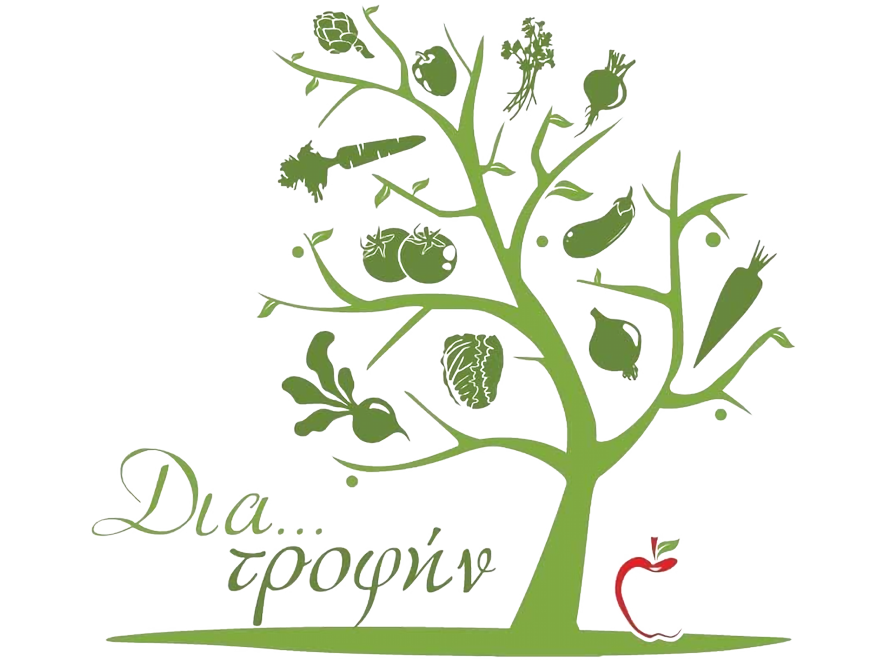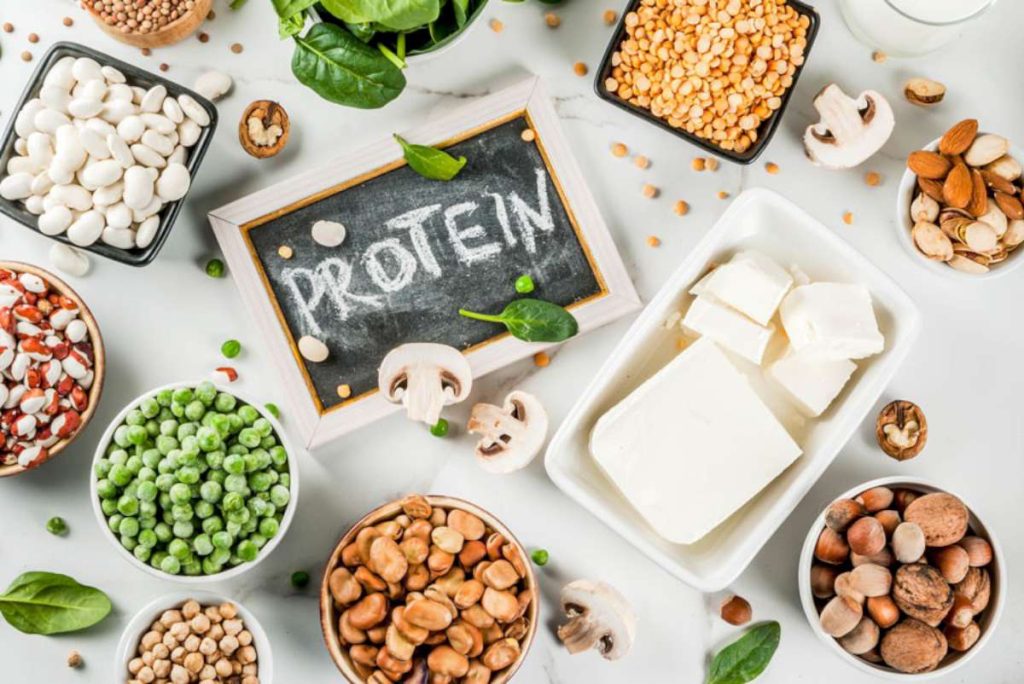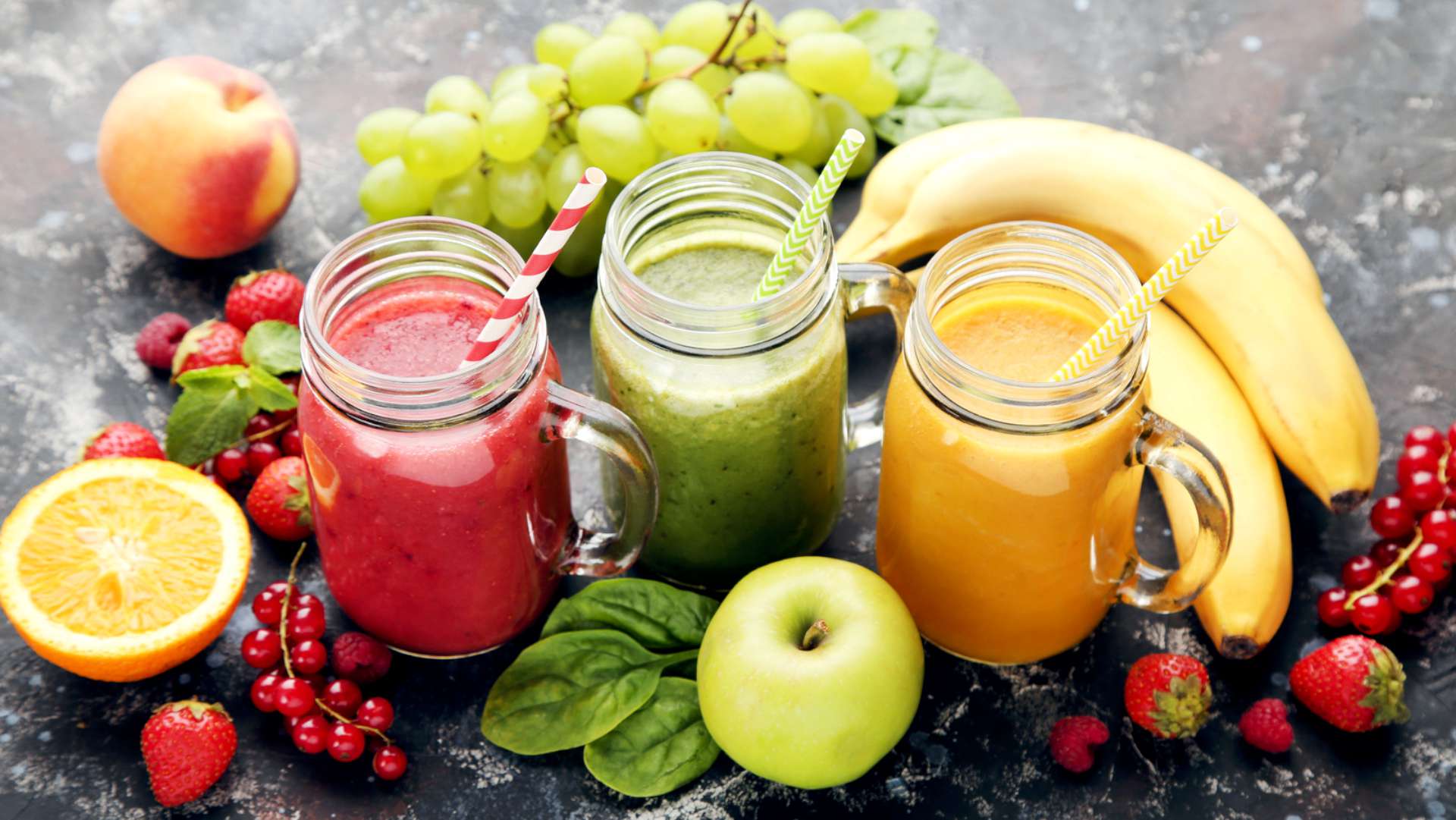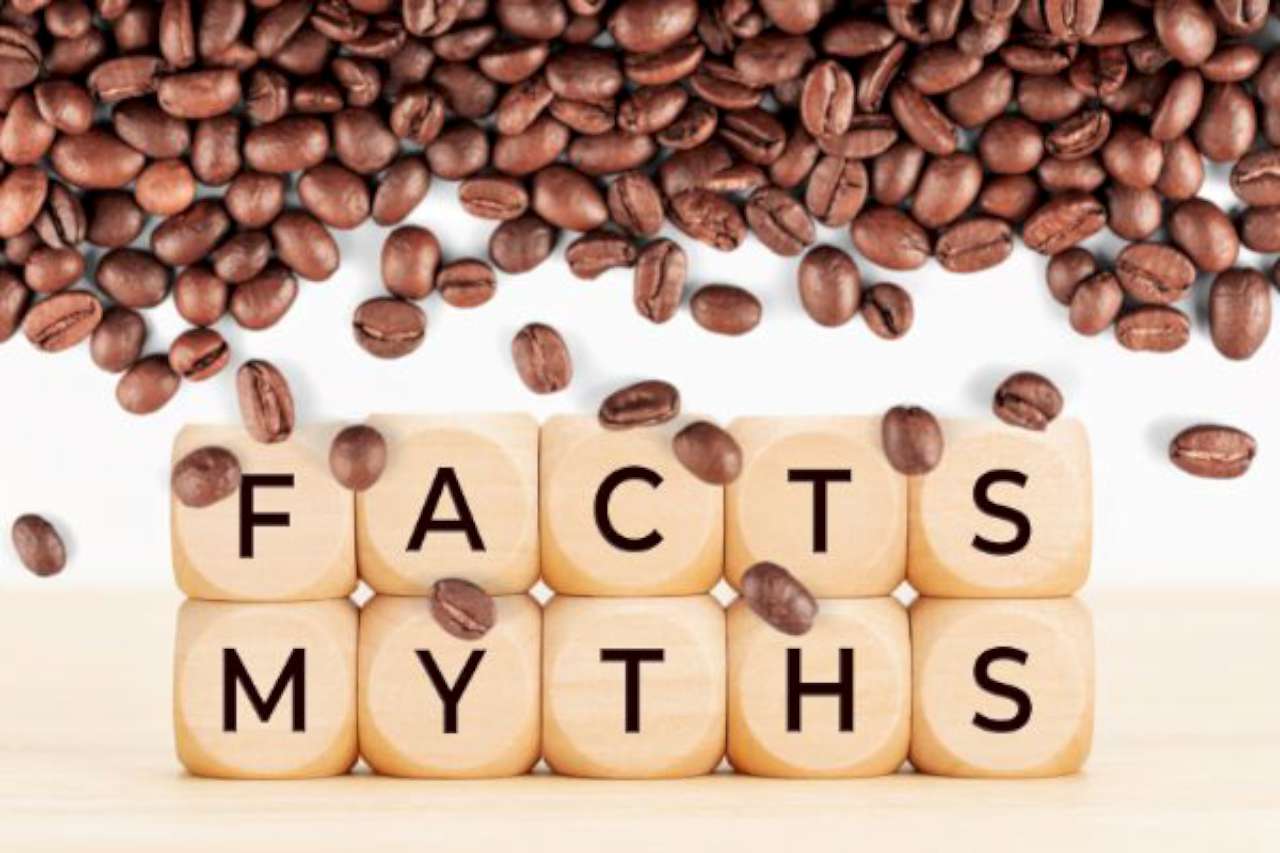Increasingly, there is talk of a vegetarian diet and whether it is able to meet the body's needs for protein both qualitatively and quantitatively. The answer is that a vegetarian diet that includes a wide variety of plant proteins is capable of providing the same amount and quality of protein under conditions of adequate caloric intake.
In the case of strictly vegetarians (vegans) where products of animal origin are completely avoided, there seems to be concern about the lack of intake of essential amino acids such as lysine, tryptophan, threonine, and methionine, which are found in large quantities in dairy products and meat
The essential amino acids are valine, threonine, isoleucine, histidine, lysine, leucine, methionine, tryptophan, phenylalanine, and arginine. These amino acids are absorbed by the body from food and used to synthesize proteins, many of which are transporters of electrons, metals, oxygen, and hormones. The absence or deficiency of an essential amino acid can stop the synthesis of functional molecules resulting in disruption or even cessation of cell life while overall insufficient protein intake can lead to loss of muscle mass, reduced immunity, disorders metabolism, edema, and reduced physical development and mental disorders may occur in children.
Children and Adolescents
In general, children who follow a strict vegetarian diet can meet their protein needs in conditions of adequate caloric intake and consumption of a wide variety of plant foods. Children on a vegetarian diet are advised to eat frequent meals and to eat certain processed foods such as fortified breakfast cereals, bread and pasta. Protein plant foods include soy foods such as soy milk, tofu and tempeh, legumes, cereals, nuts, and various seeds.
Adulthood
Initially, the goal of daily protein intake (RDA) of 0.8g protein/kg body weight/day or 63g and 50g protein per day for the average adult male and average adult woman respectively was created for diets containing high quality and highly digestible protein. (eg egg, meat, milk, or fish). If the main sources of protein in a diet are dairy products, whole grains, beans, nuts and seeds, as is the case with dairy vegetarians, then the absorption of protein by the body is 90% compared to high-protein diets. , ie: 10% less. For strictly vegetarian diets, protein absorption drops to 76% due to the absence of dairy products. For this reason, it is recommended that vegetarians consume about 20% more protein per day, ie: 1.0g of protein/kg body weight/day or 75g and 60g in total per day for the average adult male and average adult female, respectively.
Pregnancy and Breastfeeding
Protein needs during pregnancy correspond to the needs of the mother plus the amount that is necessary for the synthesis of new tissues and the development of the fetus. However, the rate of new tissue synthesis is not constant during pregnancy. With regard to breastfeeding, research shows that the protein content of breast milk does not decrease if the mother follows a diet low in the protein of high biological value. However, chronic protein malnutrition can alter the quantity and quality of breast milk (low in the essential amino acids lysine and methionine) In general, pregnant and lactating women who follow a vegetarian diet, including a strictly vegetarian diet, should consume 25g more protein per day, or about 85g more protein per day. This recommendation covers protein needs throughout pregnancy and breastfeeding.
Third Age
In general, protein recommendations for healthy seniors do not differ from those for the rest of adulthood. However, seniors often have low-calorie intake and should therefore choose protein-rich foods. Older people can get the amount of protein they need through a vegetarian diet as long as they eat a wide variety of protein-rich plant foods, including legumes and soy products. Finally, it has been shown that people who get the protein they need from plant sources have a reduced chance of developing Parkinson's disease. However, the exact mechanism by which animal foods increase the likelihood of developing the disease has not been found and so it is not clear whether this is due to animal fat, animal protein, or other components found in animals.
Athletes
Protein is probably the most dangerous nutrient for athletes who follow a vegetarian diet. Plant proteins are insufficient and are not considered complete in amino acids, as they are deficient in some amino acids. It is especially important for athletes on a vegetarian diet to choose high-quality protein foods such as legumes, nuts, and whole grains in combination with whole grains and whole-grain bread. It is also recommended to consume soy products and other meat substitutes that are high in protein. Vegetarian athletes have an increased need for protein not only because of their intense physical activity but also because they consume protein of plant origin, which as mentioned is less digestible. For this reason, it is recommended that vegetarian athletes and especially endurance and strength athletes consume protein that corresponds to 1.3-1.7g of protein/kg body weight/day. So, for example, a 70 kg vegetarian athlete is recommended to consume 91-119g of protein per day. Generally, this amount can be taken through the diet without the use of protein or amino acid supplements.












